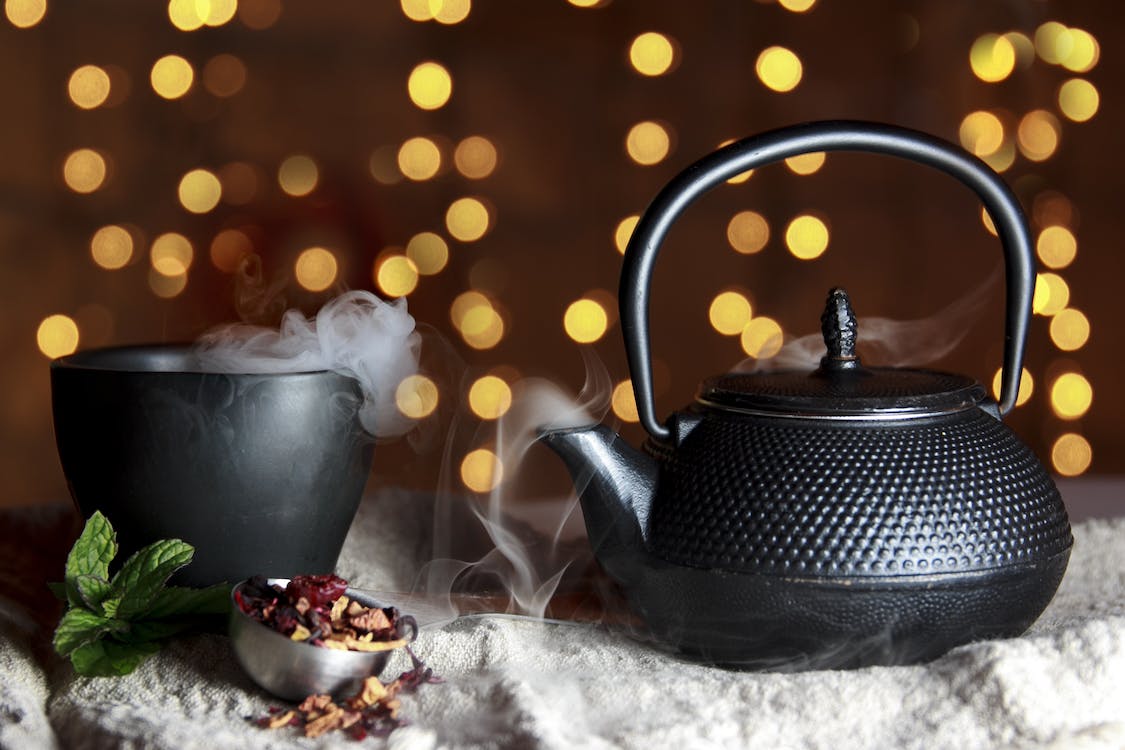Health Benefits of Tea
Health Benefits of Tea. Tea is a sweet-smelling beverage made by pouring hot water over preserved or new leaves of Camellia Sinensis, an evergreen bush available across China and East Asia. Tea has been a customary refreshment for quite some time consumed through numerous Eastern societies. It spread directly into the Western world and has been a trend for many hundreds of years.
Types of tea and their health benefits

There are many kinds of common tea types including white tea, oolong tea, black tea, green tea, rooibos tea, and herbal tea. There are many different kinds of each tea type, and it’s not unexpected for different flavors to be mixed.
Black tea

Black tea, or red tea in China, is quite possibly the most well-known tea of every season and is completely oxidized. The leaves of the Camellia sinensis plant are shriveled, rolled, oxidized/matured, and dried to create a solid, full-bodied flavor. Assam, Darjeeling, Nilgiri, and Sri Lanka are a couple of notable dark tea delivering locales, and the flavor varies depending on the district and liking of black tea.
Black tea has the capability to shield the lungs from harm brought about by exposure to tobacco smoke. It also lessens the danger of stroke. Studies have shown that it also has beneficial health effects on blood pressure, type 2 diabetes, and cholesterol levels.
Green tea

Green tea originated in China. The variety and usage are well known for centuries. Green tea has a lighter and green color, yet invigorating taste. There are various varieties of green tea as well. The more famous sorts incorporate sencha, genmaicha, and matcha.
Green tea helps the immune system and aids in boosting metabolism. It also helps in cleansing the body by detoxifying it. It also helps in uplifting your mood, lowering stress, improving digestion and metabolism because of more concentration of EGCG present in it.
White tea

The most exotic and rare tea of nature, unfermented and non-treated. It has the most powerful anticancer characteristics in comparison to other refined teas. It can lessen the risk of insulin resistance. White tea can help you lose weight because it speeds up your metabolism.
Oolong tea

This production method of this tea is called oxidation. Uncovering the tea and exposing it to air makes them ripe, and the time span the tea leaves are exposed to impacts the tone, flavor, and to a degree, its nourishing substance.
This tea aids in losing weight. It is also effective in lowering your blood pressure. Most importantly it regulates the sleeping cycle. This is helpful against hyperglycemic impact. Polyphenols in oolong tea may be useful in repressing stomach-related chemical α–amylase.
Herbal tea

Herbal grown teas have been around for quite a long time. Herbal teas are produced using dried organic products, blossoms, flavors or spices. It can boost our immune system, the antioxidants present in herbal tea helps in slowing the process of aging.
A cup of herbal tea after every meal helps in processing your food without any problem. Natural tea is rich in spearmint that smoothens the stomach-related framework and goes about as an appetite suppressant, lessening the desire to overeat.
Rooibos tea

Rooibos, which means “red bush “; is a brush-like member from the plant family Fabaceae that fills in South Africa’s fynbos. The leaves are used to make the herbal tea that is called by the names: rooibos, shrubbery tea, red tea, or red bush tea. This tea can boost your heart health and also reduces the risk of cancer. The tea is frequently promoted as an approach to diminish stomach-related issues.
Conclusion
Studies have shown that a few teas might assist with malignant growth, coronary illness, and diabetes; support weight reduction; lower cholesterol, and achieve mental sharpness. Tea seems to also have antimicrobial characteristics, so, in short, it’s proven that the consumption of tea has many benefits on health and they are also packed with flavor.
Links
https://en.m.wikipedia.org/wiki/Rooibos
https://www.goodandpropertea.com/blogs/all/everything-you-need-to-know-about-white-tea
https://www.nutritionadvance.com/healthy-foods/types-of-tea/https://www.webmd.com/diet/features/tea-types-and-their-health-benefits

